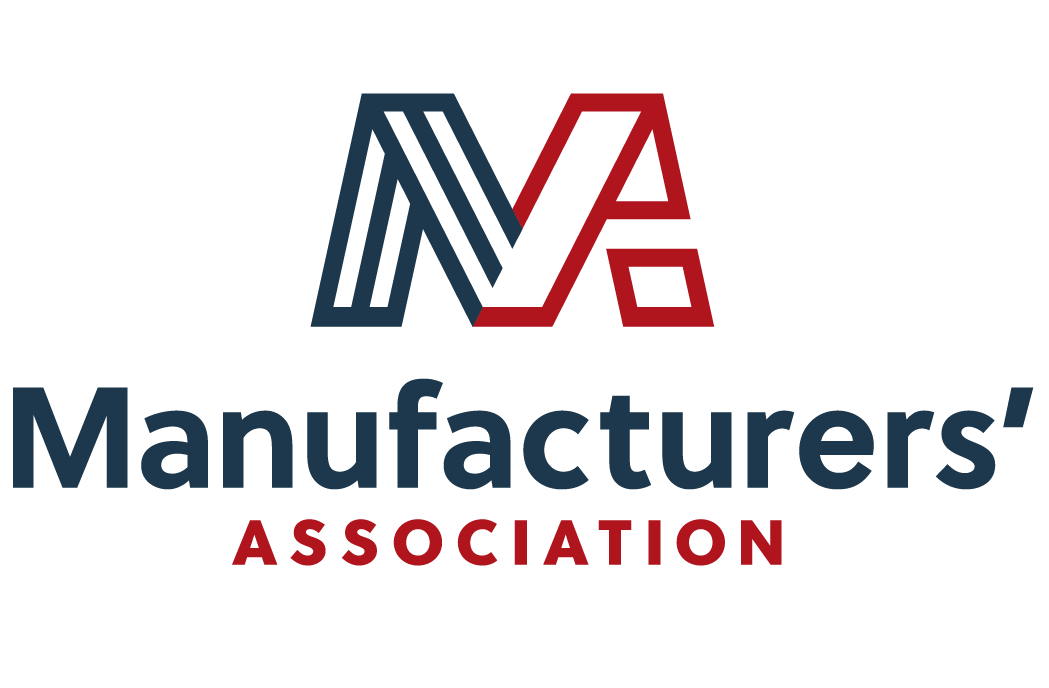OVERCOME LANGUAGE BARRIERS
IN THE WORKPLACE
Multilingual Workforce
We help all levels of the organization overcome language barriers in the workplace by providing guidance for decision makers, cultural diversity and communication training for supervisors, and English language training for employees.
Without a plan for effective communication in the workplace, language barriers can make conducting business more difficult.
- Increased errors and misunderstandings
- Difficulty in explaining processes and giving directions
- Reduced effectiveness of safety training and emergency response
- Untreated medical issues due to lack of healthcare access knowledge
- Limited team growth and development
- Language or culture-segmented company culture
Many companies try translation services to solve their workplace language challenges.
However, translation isn’t a long-term solution. Translating documents and processes can solve an immediate & short-term need, but the long term needs of deep understanding are not met. Once translation begins, it must be continued long term and remains a crutch.
This is why we provide the training and support for organizations to fully function in English by offering communication & cultural training for supervisors and English language training for employees.
We offer communication & cultural training for supervisors and English language training for employees, equipping your organization to fully function in English.
This eliminates the need for supervisors to learn another language and lessens the load on bilingual staff members.
This benefits employees by empowering them to learn English, improving their ability to communicate with supervisors and coworkers and preparing them for leadership roles in the future.
My co-worker and I recently attended the “Bridging Language Barriers” training given by Multilingual Workforce. Prior to the workshop we were under the impression that using more translation was the key to working with many of our employees who have limited English language skills. That myth was quickly debunked by Cathy and her team who taught us new practical strategies to help our employees use more English and facilitate better communication. The three hours went by in a flash as my co-worker and I were engaged by the interactive instruction and lively exchange between all participants. We can’t wait to bring Cathy and her team on site to work with the rest of our supervisory staff!
Meet Cathy
“I have often seen organizations rely on translation as their answer to language challenges in the workplace, but it is not a long-term solution. Once we can train leaders how to engage with their teams in English and build the English language skills of employees, language barriers can be removed and the entire organization benefits.”
- Cathy Martin, Owner of Multilingual Workforce

Multilingual Workforce is trusted by:









Let's Stabilize your Workforce
Whether you are new to hiring employees who don’t speak English or you’re looking to improve your existing process, Multilingual Workforce can help your organization overcome the language barriers in your workforce with a focus on results-oriented solutions. Reach out to us today for your initial consultation, and together we can develop a plan to stabilize your workforce.
Contact us
Menu
All Rights Reserved | Multilingual Workforce



